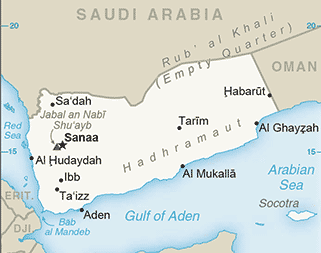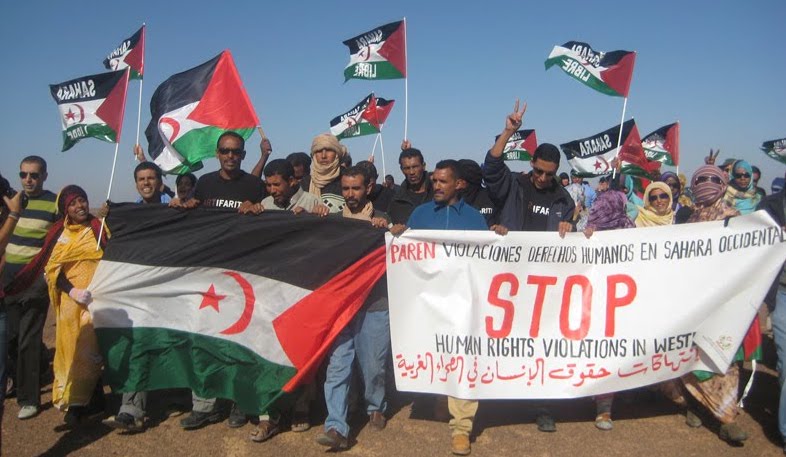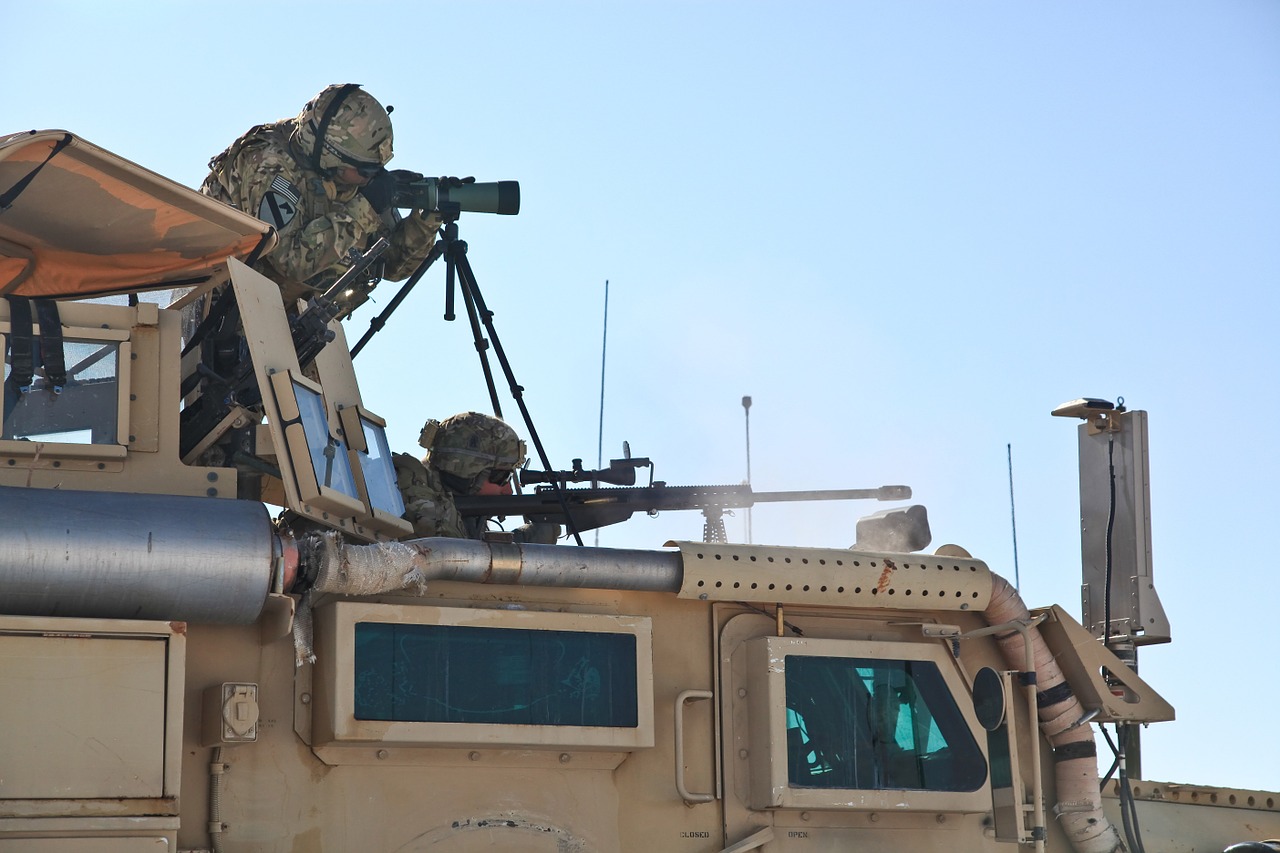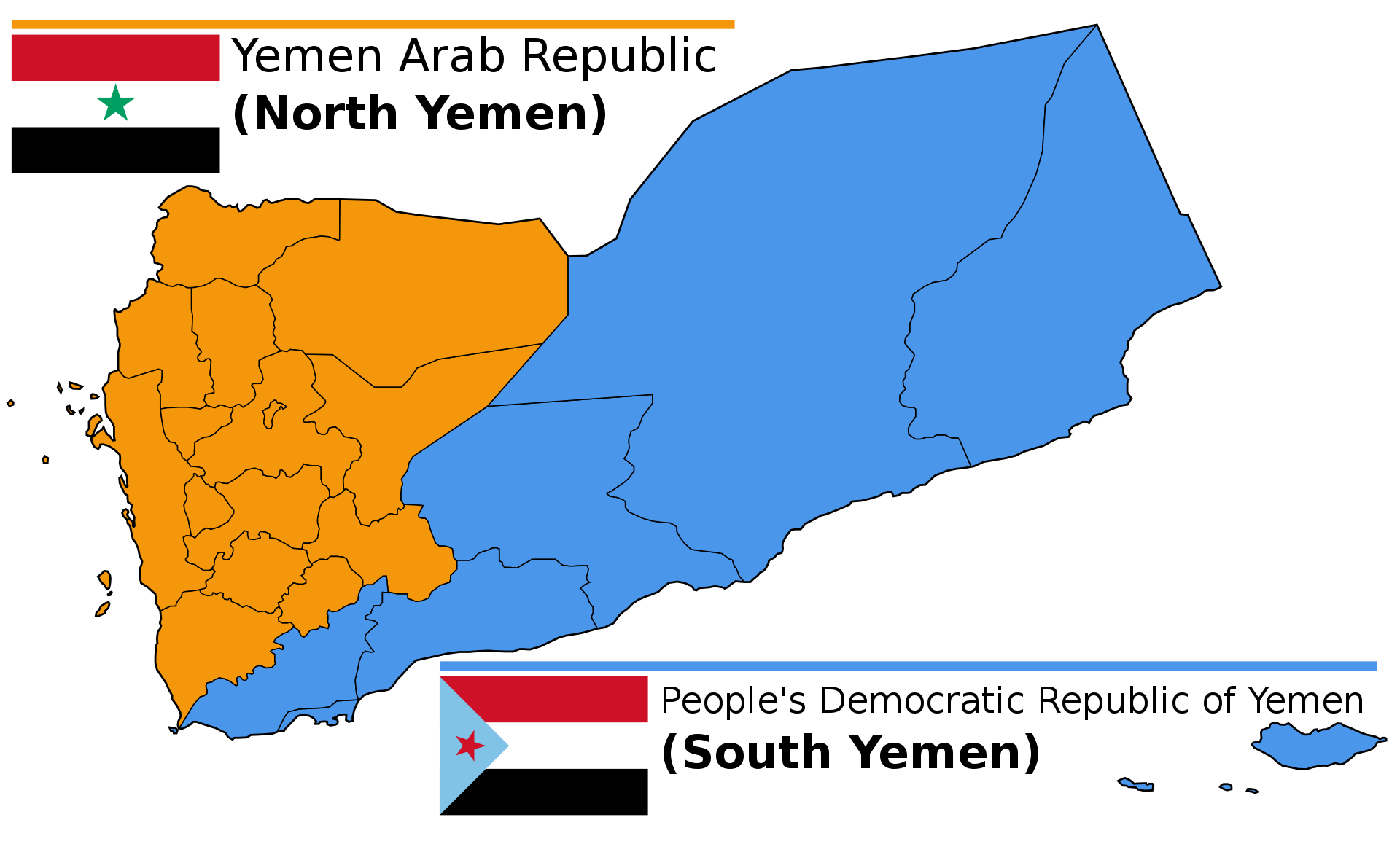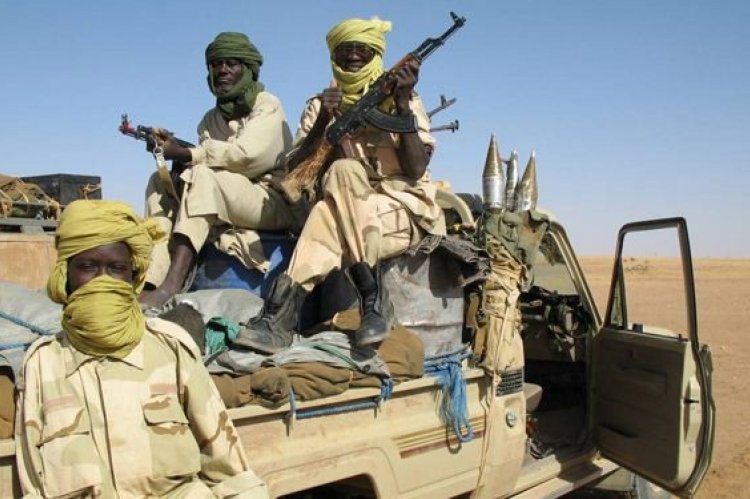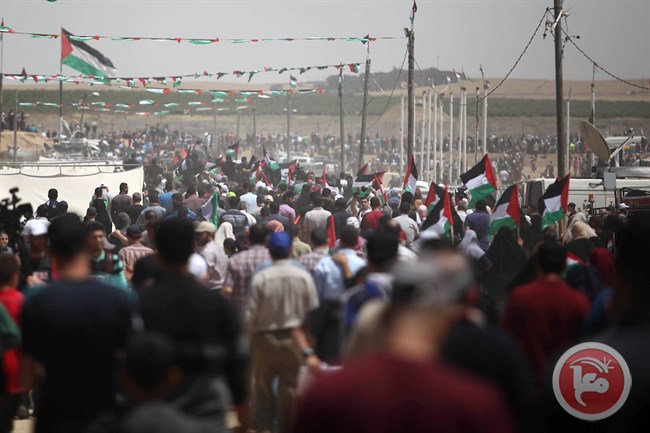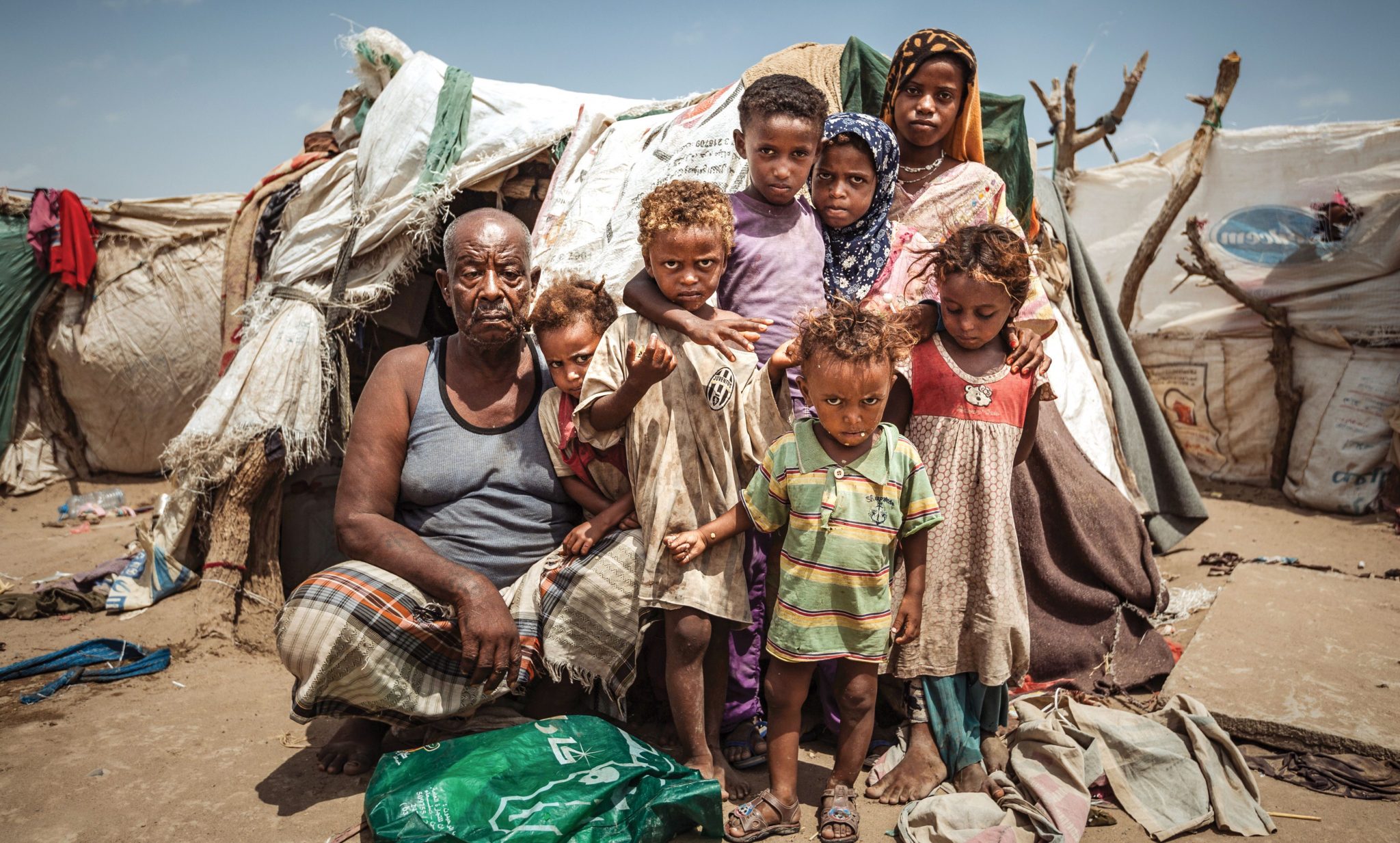
Biden pledges end to US support for Yemen war —almost
President Joe Biden announced the United States will end support for the Saudi-led military campaign in Yemen that has deepened suffering in the Arabian Peninsula’s poorest country. “This war has to end,” Biden told diplomats in his first visit to the State Department as president, saying the conflict has created a “humanitarian and strategic catastrophe.” Biden pledged an end to “relevant” US arms sales, while giving no immediate details on what that would mean. However, National Security Adviser Jake Sullivan was quick to add that an end to US support for the Saudi war against the Houthi rebels will not affect US operations against al-Qaeda in the Arabian Peninsula (AQAP). (Photo: OCHA)



